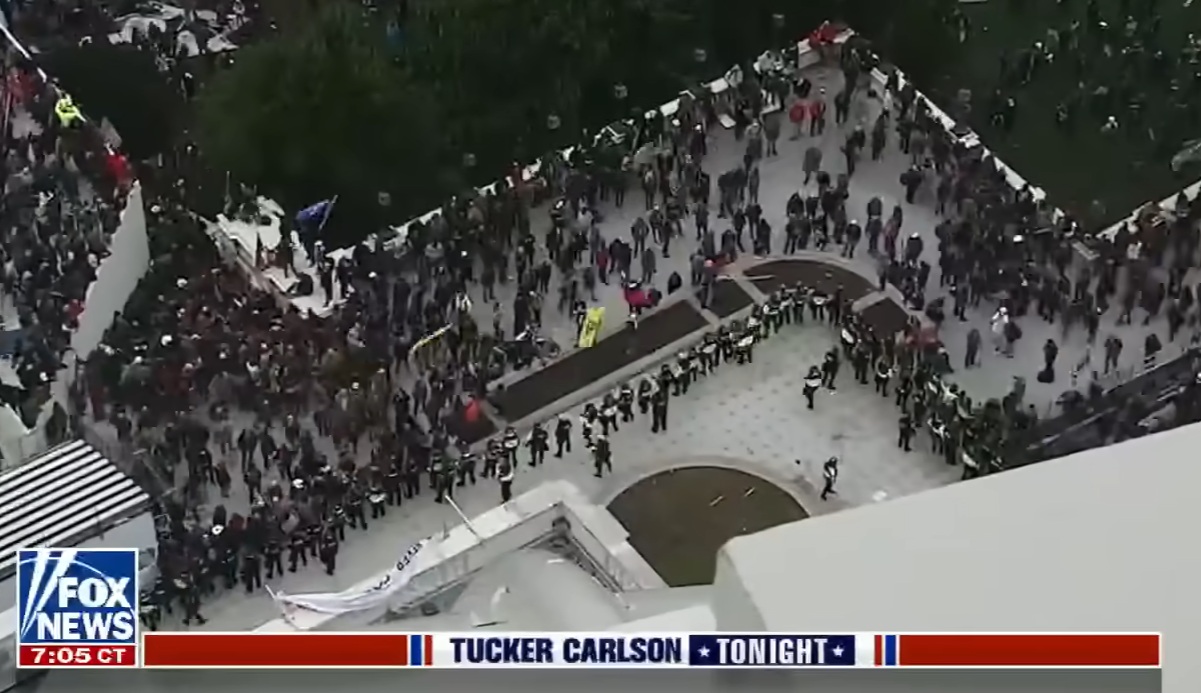Power grid at risk of summer outages, warns watchdog.
Are Electrical Outages Coming This Summer?
More than two-thirds of North America could see electrical outages when temperatures spike this coming summer because utilities in many areas do not have sufficient reserve generation capacity to meet surges in demand. According to an annual summer reliability assessment published on May 17 by the watchdog North American Electric Reliability Corporation (NERC), the power grid in at least eight regions of the United States and one in Ontario, Canada, face elevated risk of brown-outs and black-outs during heat waves between June and September.
The Cause of the Problem
The report cites the “rapidly-changing resource mix” driven by President Joe Biden’s goal to “decarbonize” the U.S. electrical grid by 2035 as spurring a disjointed transition from oil, gas, and natural gas to renewable energies, such as wind, solar, and nuclear, before the grid can adjust and expand transmission capacities. Windmills and solar panels are shown in Kahuku, Hawaii, on Aug. 22, 2022. (AP Photo/Caleb Jones)
What Experts are Saying
National Association of Regulatory Utility Commissioners (NARUC) Executive Director Greg R. White told The Epoch Times that while he had not done a deep dive on NERC’s assessment as yet, its warning of summer power outages contains “no surprises.” Senior Regulatory Counsel for the American Public Power Association (APPA) John McCaffrey concurred. “NERC’s conclusions reinforce APPA’s concerns about the reliability ramifications associated with the pace of the resource transition in the United States,” he told The Epoch Times by email.
Regional Grids at Risk
The regional grids most at risk are: the Midcontinent Independent System Operator (MISO), Northeast Power Coordinating Council (NPCC) New England, SERC-Central, Southwest Power Pool (SPP), Electric Reliability Council of Texas (ERCOT), The Western Interconnection, and NPPC-Ontario. According to NERC, all of the regional grids are expected to meet demands during normal operations.
What Could Go Wrong?
Since NERC says in its assessment that the MISO grid will rely on wind to meet surges in demand, as a result, “MISO can face challenges in meeting above-normal peak demand if wind generator energy output is lower than expected.” In NPCC-New England’s grid, emergency resources and supplies “from neighboring areas are likely to be needed during more extreme demand or low resource conditions” and in NPCC-Ontario, a planned offline refurbishment of a nuclear power plant and a “constrained transmission network” could cause power outages, with the Windsor-Essex area being particularly vulnerable, NERC said.
What’s the Solution?
The NERC report maintains that constraints on natural gas and coal delivery infrastructure, new federal environmental restrictions, supply chain issues, declining water levels near some hydropower plants, and “unexpected tripping” of wind and solar resources all contribute to the uncertainty. The most likely way the coal- and natural gas-fired plants will meet those clean air standards is “by limiting hours of operation in this first year of implementation rather than through adding emissions control equipment,” according to NERC’s assessment. The nation is firmly in a grid reliability crisis that will only grow more acute if [the] EPA continues to drive an agenda that forces the closure of the essential generating capacity that underpins grid reliability before reliable alternatives, and their supporting infrastructure, are in place,” said National Mining Association (NMA) president and CEO Rich Nolan.
Conclusion
It’s clear that the U.S. electrical grid is facing a major challenge this summer. While experts agree that the transition to renewable energy is necessary, it’s important to ensure that the grid can adjust and expand transmission capacities before making the switch. With rising electricity demand, we should be building on the shoulders of our existing coal fleet, not imposing a suite of mandates to tear it down.
" Conservative News Daily does not always share or support the views and opinions expressed here; they are just those of the writer."





Now loading...